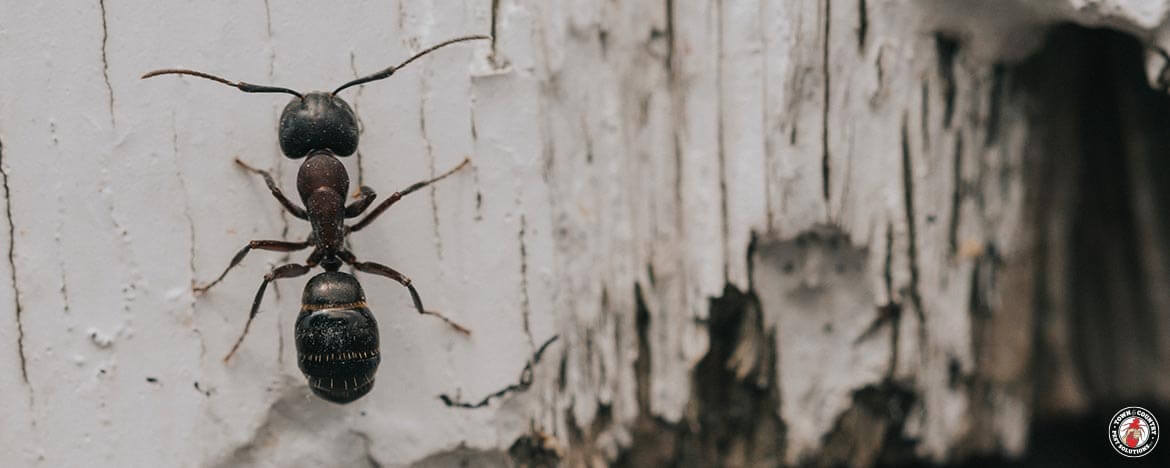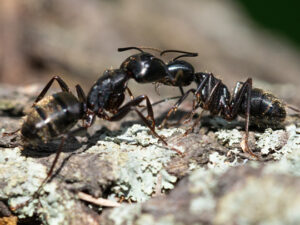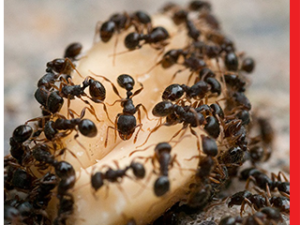
Both ants and human beings respond to isolation in similar ways. In isolated individuals of both species, researchers have observed that the immune system is less efficient, while the stress response goes into overdrive.
Humans and other social mammals will experience high levels of stress when they are isolated from the group, which has a negative effect on both well-being and physical health. Isolated people tend to become anxious, depressed, lonely, and more susceptible to addictions. They will also have a weaker immune system, and the isolation will impact their health negatively overall. While these effects have been well studied in humans and mice, relatively little is known about how isolation affects social insects.
Ants are extremely social. They will live their entire lives as part of the same colony and their survival will be entirely dependent on their nest mates. This social function is so important to them that worker ants will relinquish their reproductive capacity and devote themselves to tending to the needs of the queen and the colony.
Researchers focused on ants of the Temnothorax nylanderi, which is a European species that will create colonies inside acorns and sticks. These colonies consist of a few dozen workers, and the researchers took individual members and isolated them for various periods of time, from an hour to 28 days. The study revealed three key aspects of the effects of isolation.
When the isolated workers were returned to the colony, they showed less interest in other adult ants, and instead chose to spend more time with the brood. They were also less interested in grooming themselves, which is a behavior noticed in most social animals that are isolated. This behavior increased the risk of parasite infections. The third observation was related to the gene activity of the isolated individuals – genes that were responsible for stress response and immune system function were less active. Once again, this is something observed across all social animals. What this research tells us is that social behavior is something extremely ancient and it could be traced back to a very old common ancestor between animal and insect species.
However, no matter how social we are, we still don’t really want to welcome ants into our homes. If you currently have an ant infestation, and you’ve tried getting rid of it yourself with no success, it’s time to call in a pest control professional. Contact us today if you have problems with ants in your home.











